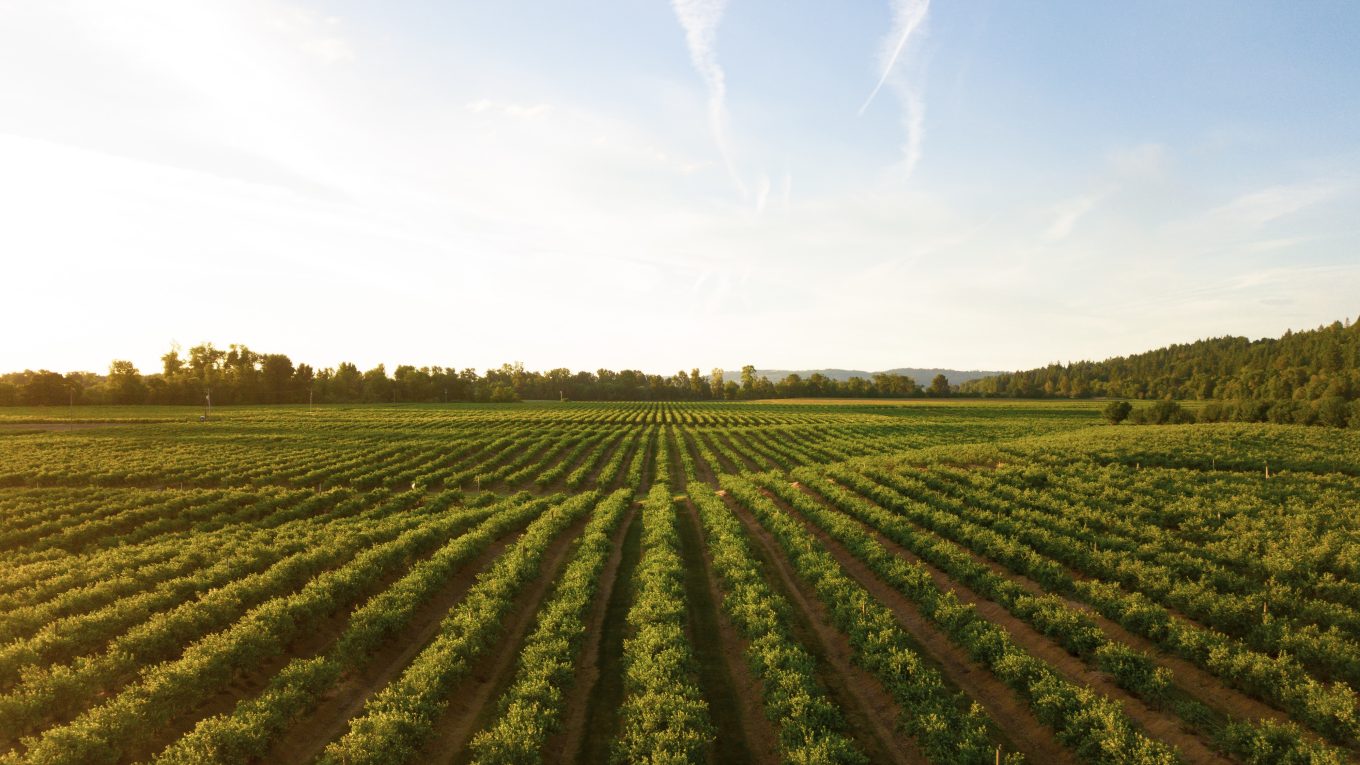What are the major advancement and innovation in the Food and Agriculture Industries? (AgTech)
The food and agriculture industry is undergoing a profound transformation driven by technological advancements, sustainability concerns, and changing consumer preferences. With the global population steadily increasing, estimated to reach 9.7 billion by 2050, the need to feed the world sustainably and efficiently has never been more pressing. In response to these challenges, the industry has seen a surge in innovation across various domains. In this article, we will delve into some of the latest innovations shaping the food and agriculture sector.
1. Precision Agriculture
Precision agriculture is revolutionizing farming practices by leveraging technology to optimize every aspect of crop production. Advanced sensors, drones, and satellite imagery allow farmers to monitor and manage their fields with unprecedented accuracy. These tools enable precise control over irrigation, fertilization, and pest control, reducing resource wastage and improving yields. Moreover, data analytics and artificial intelligence (AI) are used to make data-driven decisions, enhancing overall farm efficiency.
2. Vertical Farming
Vertical farming represents a significant departure from traditional agricultural practices. This innovative approach involves growing crops in vertically stacked layers or inclined surfaces, often in controlled indoor environments. By providing the ideal conditions for plant growth, including temperature, light, and nutrients, vertical farming minimizes land and water usage while maximizing productivity. Additionally, it reduces the need for pesticides and offers a consistent supply of fresh produce regardless of season or location.
3. Plant-Based and Lab-Grown Alternatives
As sustainability concerns mount, the food industry is witnessing a surge in plant-based and lab-grown alternatives to traditional animal-based products. Plant-based meats, dairy, and seafood have gained traction due to their lower environmental footprint and health benefits. Similarly, lab-grown or cultured meat production techniques are advancing rapidly, offering a more sustainable and ethical way to meet global protein demands.
4. Blockchain in the Supply Chain
Blockchain technology is being integrated into the food supply chain to enhance transparency, traceability, and food safety. By creating an immutable ledger of transactions, it allows consumers to trace the journey of their food from farm to fork. This not only ensures the authenticity and safety of products but also reduces food fraud and waste. Companies are increasingly adopting blockchain to build trust with consumers concerned about the origins and quality of their food.
5. Robotics and Automation
Automation is streamlining labor-intensive tasks in agriculture, reducing labor shortages and costs. Robots are being used for harvesting, weeding, and even autonomous tractors for plowing and planting. AI-powered machines can sort and pack fruits and vegetables with remarkable precision, reducing product loss and increasing overall efficiency.
6. Sustainable Packaging
The food industry is making significant strides in addressing the environmental impact of packaging. Innovations include biodegradable and compostable materials, as well as the use of recycled plastics. Some companies are experimenting with edible packaging, which not only reduces waste but also enhances the consumer experience.
7. Aquaponics
Aquaponics combines aquaculture (fish farming) and hydroponics (soilless plant cultivation) in a mutually beneficial system. Fish waste provides nutrients for plants, and the plants filter the water for the fish. This sustainable approach yields both fish and fresh produce with minimal water usage and zero chemical fertilizers, making it an attractive option for the future of food production.
8. AI and Machine Learning in Crop Management
AI and machine learning are being employed to develop predictive models for crop management. By analyzing historical data, weather patterns, and soil conditions, these technologies can offer precise recommendations for planting, harvesting, and pest control. This data-driven approach can significantly improve crop yields while minimizing resource inputs.
The food and agriculture industry is at the forefront of innovation, driven by the need to feed a growing global population while addressing environmental and sustainability concerns. From precision agriculture to sustainable packaging and alternative protein sources, these innovations are transforming the way we produce, distribute, and consume food. As we move forward, it is essential to continue supporting and investing in these advancements to ensure a more sustainable and secure food future for all.
